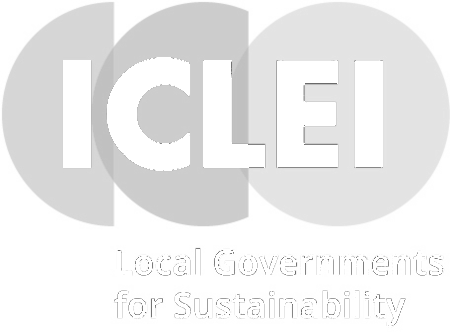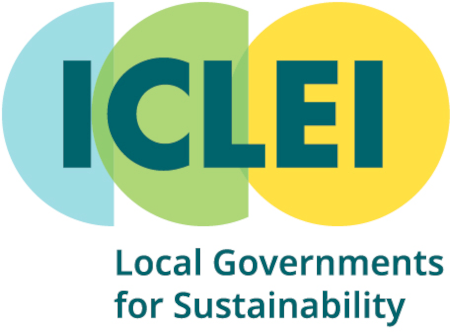17 June 2024
Urban Leaders call on G7 to Advance Solutions to Global Challenges from a Local Perspective

From 13-15 June, Heads of State of the G7 Member States met for the G7 Summit in Fasano, Apulia (Italy). Under the Italian G7 presidency, leaders discussed a wide array of pressing international topics with high relevance for local and regional authorities: climate change and development, economic security and energy, the ongoing situation in the Middle East and the war in Ukraine. Following the summit, the Urban7 (U7) are calling on G7 leaders to facilitate the meaningful inclusion of cities and local governments through a multilevel approach when shaping international agreements with local relevance. A multilevel approach is a prerequisite for achieving “progress towards an equitable world” in a rapidly urbanising society; a point that was recognised repeatedly by G7 leaders in recent years, but has yet to be translated into systemic consultation and implementation support.
In response to the conclusion of the G7 Summit, the U7 are reiterating their call to G7 Heads of State and Ministers to provide local governments with a meaningful role in addressing pressing global challenges such as climate change and sustainable development across G7 fora. While welcoming the G7’s renewed acknowledgement of the “transformative power of cities worldwide as drivers for sustainable development” in their Apulia Leaders Communique, U7 leaders emphasise the need for close collaboration between levels of government when addressing global challenges with local impact. The U7 reiterates the readiness of local governments to actively support G7 Ministers tasked with “concrete actions to reduce spatial inequalities, protect the environment and climate, and promote smart and innovative economies in urban areas.” As local governments are the ones ultimately responsible for implementing decisions and responses coordinated within the G7, stronger multilevel cooperation will enable the design of more effective, place-based solutions.
Reflecting on the G7 Summit, the Mayor of Malmö (Sweden), and ICLEI Local Governments for Sustainability President, Katrin Stjernfeldt Jammeh emphasises that: “Global change starts in local communities, and every international agreement by the G7 and beyond must ultimately be implemented in our cities and towns. While the crucial role of local governments has been recognised in recent years, we need to move from recognition to action. We, the U7, stand ready to work with G7 leaders towards a true multi-level system that provides cities with an active and meaningful say in the design of international policies and frameworks with local impact. The upcoming G7 Ministerial meeting on Urban Sustainable Development will be an opportunity to deliver on this vision.”
U7 partners have continuously advocated for the G7 to recognise that “in an increasingly urban world, urban diplomacy holds considerable potential for achieving the goals of the G7 and the global multilateral system (...)” and safeguarding democratic processes. The U7 reiterates the main points made in the 2023 U7 Mayors Declaration. The U7 Group could further contribute to the efforts of the G7 countries to face global challenges if provided with enabling framework conditions, including: active engagement of local governments in consultations on topics with local relevance; strengthening local self-governance; enhancing access of local and regional governments to global and national finance; and establishing financing mechanisms that are more flexible and responsive to place-based climate neutrality strategies.
"Cities are the beating hearts of our societies, driving progress and resilience in the face of global challenges. As we navigate through the complexities of 2024, it is imperative that local governments are not only included but are also empowered with the authority and resources necessary to enact meaningful change. The Urban7's vision of multilevel governance is essential in harnessing the transformative power of cities to foster peace, sustainability, and democracy on a global scale,” shares Ricardo Rio, Mayor of Braga (Portugal) and Chair of the Global Parliament of Mayors (GPM).
Following the G7 Summit last week, the Italian G7 Presidency Agenda for 2024 foresees several ministerial level meetings for which the local level has a crucial role to play. Whereas the G7 Subnational Climate Action Roundtable with U7, a legacy of the G7 Japanese Presidency, was discontinued, the 2024 G7 Environment Ministerial in April included three paragraphs on sustainable cities. The next ministerial meeting on Urban Sustainable Development in November in Genoa (Italy), a forum organised for first time under the German Presidency and continued during the 2023 Japanese Presidency with the Kagawa-Takamatsu Principles, will be a key opportunity for G7 countries to deliver on their commitments toward multilevel cooperation by providing an active role to urban leaders; a commitment G7 leaders enshrined not only in G7 outcomes of recent years, but in supporting the Coalition for High Ambition Multilevel Partnerships for Climate Action (CHAMP) at COP28.





